Indigenous Governance Database
food systems

Our lands tell our stories: supporting Indigenous co-led research through the Indigenous Foods Knowledges Network
The Indigenous Foods Knowledges Network (IFKN) brings together Indigenous researchers and community leaders from the Arctic and U.S. Southwest along with non-Indigenous researchers to foster cross-cultural interdisciplinary knowledge exchange about sovereignty of Indigenous foods. IFKN draws on…
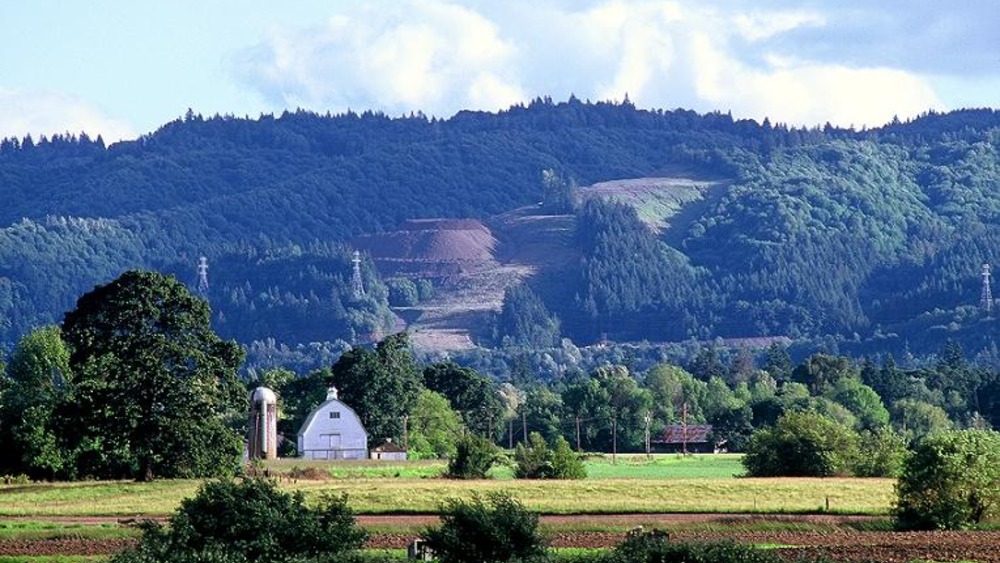
New reporting project focuses on Indigenous food sovereignty in the Columbia River Basin
There’s no official definition for the term “food sovereignty,” but the Indian Affairs Bureau describes it as “the ability of communities to determine the quantity and quality of the food that they consume by controlling how their food is produced and distributed.” Portland-based news outlet…
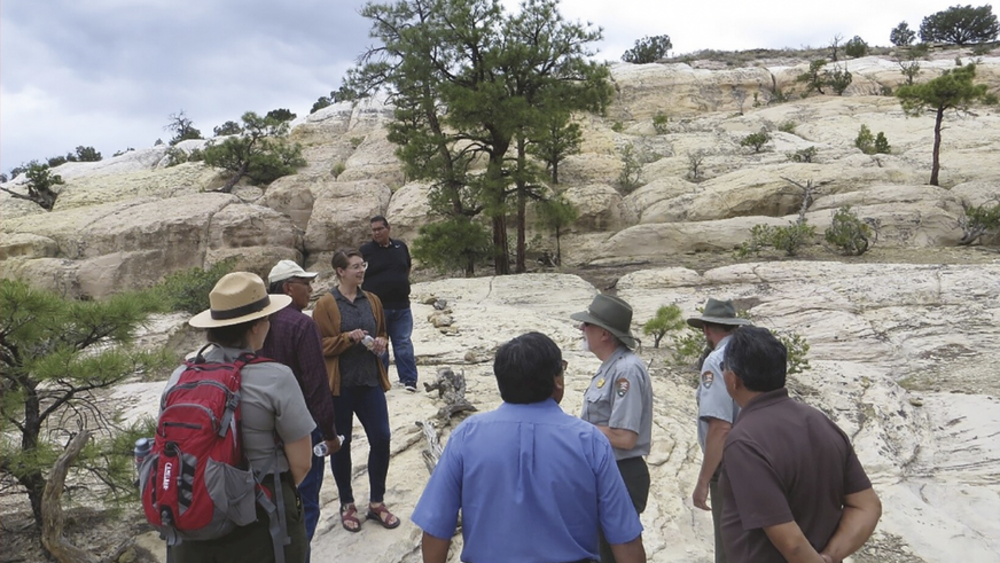
Archaeology and Social Justice in Native America
Over the past 20 years, collaboration has become an essential aspect of archaeological practice in North America. In paying increased attention to the voices of descendant and local communities, archaeologists have become aware of the persistent injustices these often marginalized groups face.…
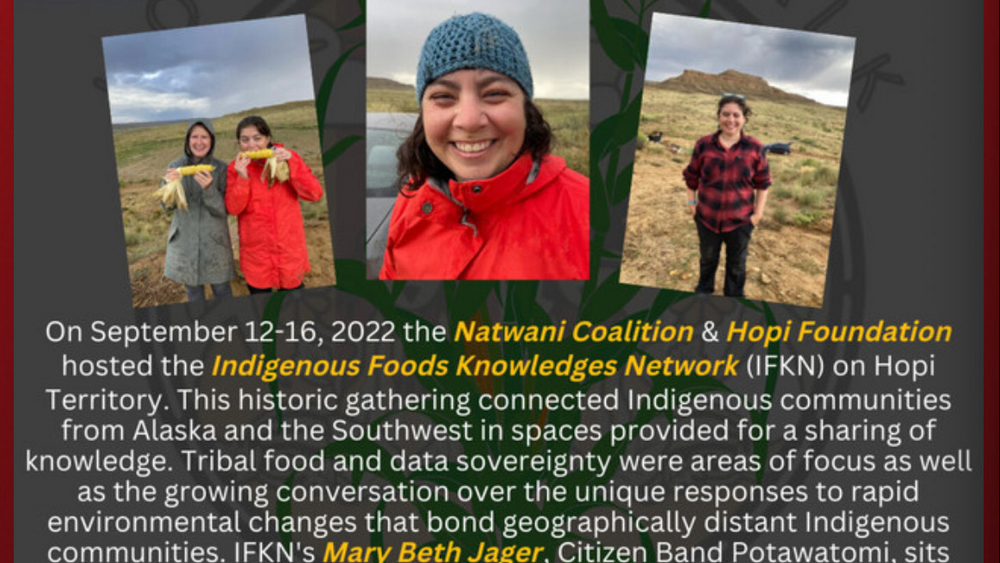
Hopi Farm Talk Podcast: Indigenous Foods Knowledges Network Gathering with Mary Beth Jäger
On September 12-16, 2022, the Natwani Coalition & Hopi Foundation hosted the Indigenous Foods Knowledges Network (IFKN) on Hopi Territory. This historic gathering connected Indigenous communities from Alaska and the Southwest in spaces provided for a sharing of knowledge. Tribal food and data…
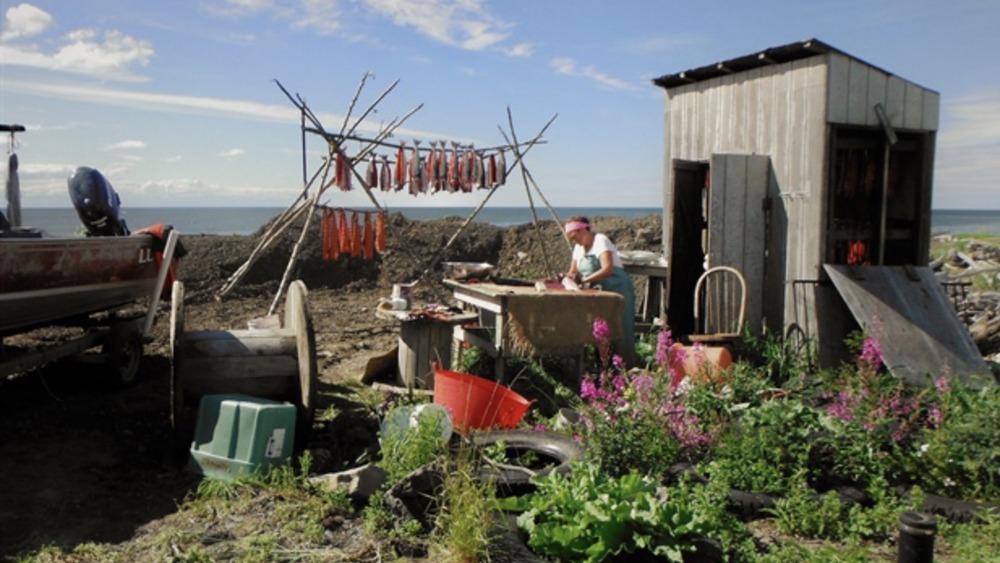
The Impact of COVID-19 on Food Access for Alaska Natives in 2020
This chapter in the NOAA Arctic Report Card 2021 highlights: The COVID-19 pandemic has exacerbated existing challenges for Alaska Natives in accessing traditional and store-bought foods. The strength of Indigenous cultural and economic practices such as food sharing networks helped mitigate…
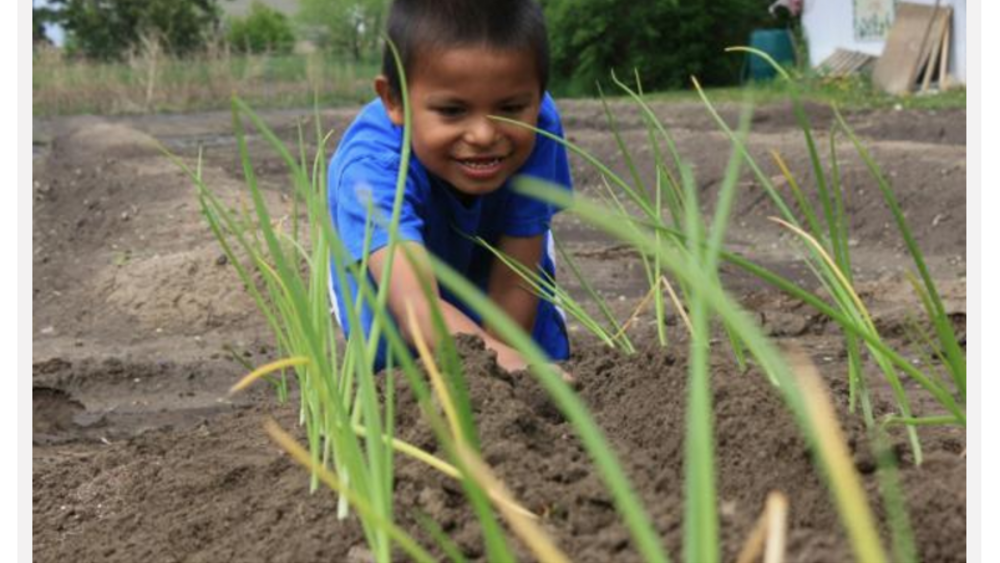
Cheyenne River Youth Project's Garden Evolving Into Micro Farm
When the Cheyenne River Youth Project started its organic garden in 1999, staff at the 26-year-old nonprofit would never have guessed where the little garden would take them. The two-acre Winyan Toka Win–or “Leading Lady”–garden is the heart of the youth project, and is becoming a micro farm.…
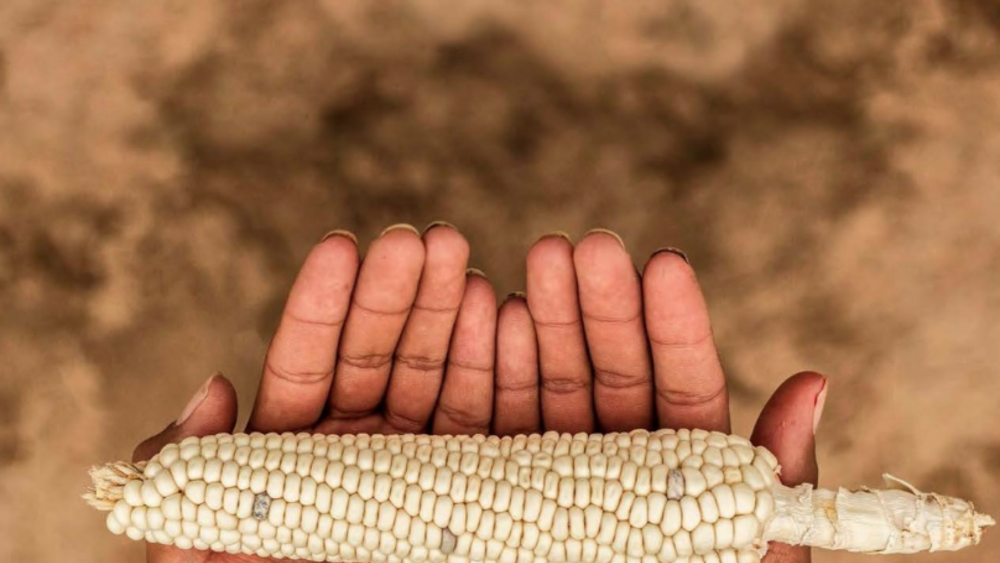
Feeding Ourselves: Food Access, Health Disparities, and the Pathways to Healthy Native American Communities
Echo Hawk Consulting, headed by Crystal Echo Hawk, released today a comprehensive report on the state of food access in Native American communities, and the resulting health disparities in Native Americans. The report--commissioned by the American Heart Association (AHA) and its Voices for Healthy…
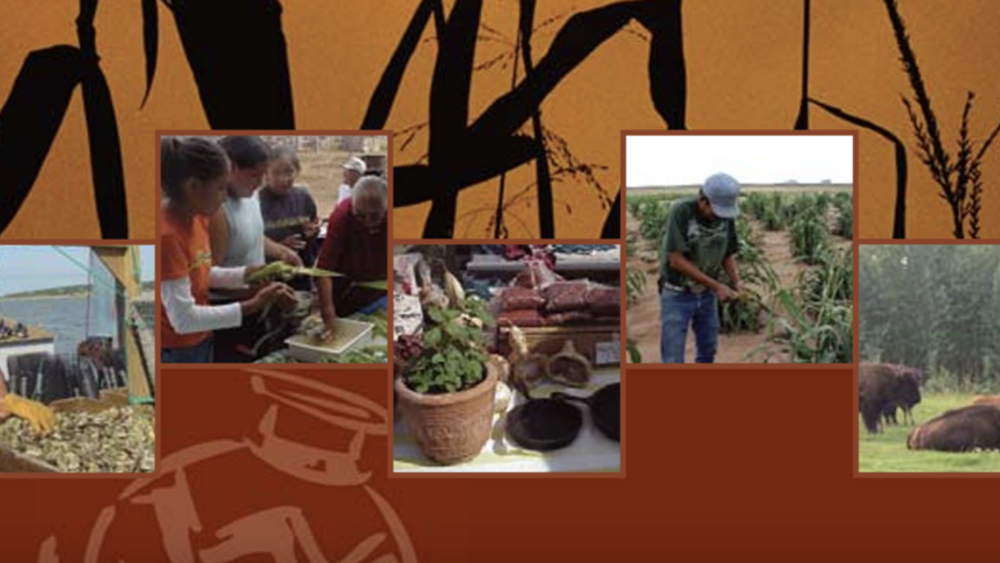
Food Sovereignty Assessment Tool
There are many assets related to Native food systems. Increased consumption of healthy and traditional foods may lead to better health among community members, preserving one of the most important assets in any community, its people. Of course, healthy, productive people are a cornerstone of any…

Diné Food Sovereignty: A Report on the Navajo Nation Food System and the Case to Rebuild a Self Sufficient Food System for the Diné People
In the most basic analysis, food is an essential component of human life. Food nourishes and sustains us; without adequate access to food, human beings cannot survive. As a basic necessity for life, food is interconnected with every sector of life and wellbeing including health (physical, mental,…
